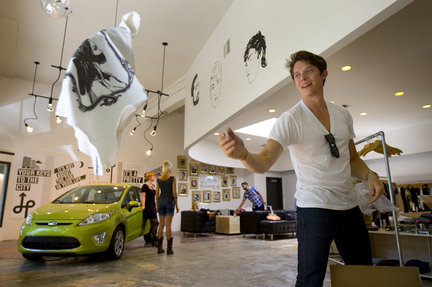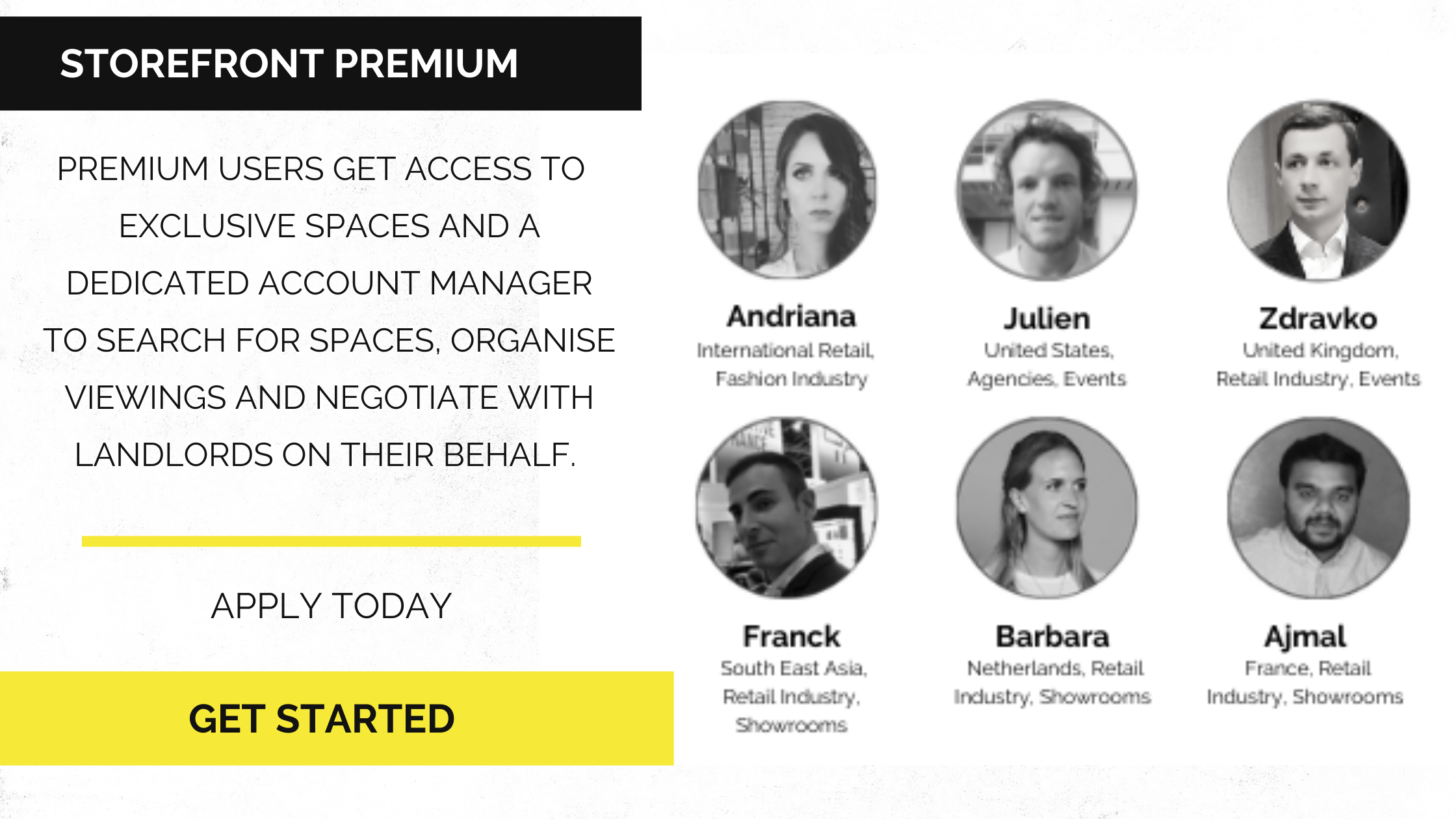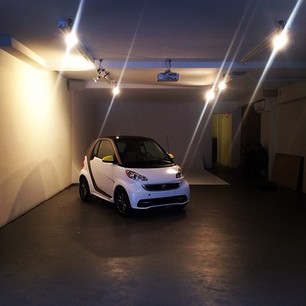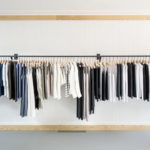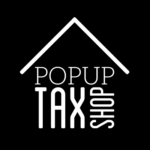Auto-malls can be found in every town across the United States. One second, you’re driving through a residential neighborhood, and the next? Audi, Ford, Chevy, Dodge, Toyota; A4, Ranger, Malibu, Ram, 4Runner… just like that.
Every small town has the same kitschy slogan, “Don’t blink or you might miss it”. Auto-malls smack you in the face with their presence for a brief nanosecond, only to bring you back to the next track home lining their main thoroughfare.
Lean retail pop-up stores started out modestly. Accessories, clothing brands, collaborative boutiques. But as this trend has gained momentum, so have the genres who have jumped on board.
Major car companies have no doubt been hit hard by the Great Recession. The big bank catch phrase “too big to fail” had car companies adhering to the same credo.
Brick and mortar showrooms became too costly for these giant motor enterprises, and they had to shut many storefronts.
Even though the trend is rising swiftly for automobile purchases online (11 percent of all sales in 2011/ 13 – 15% in 2013), unfortunately for many consumers car shopping, a virtual test drive doesn’t have the same merit as a physical ride. It is a necessity to show off the nuances that separate car models; a Bose stereo system this, 60+ miles to the gallon that, and an “oh and let me show you how warm your rear gets when you turn your seat warmers to 6!” capability.
Ford, one of the biggest United States car manufacturers, has opted to open a series of pop-up showrooms in the heart of the Bay Area. Although virtually everyone is familiar with the brand, the dilution of placing it alongside endless competitors in a traditional auto-mall setting made it difficult to distinguish for potential consumers.
Ford solved this common distraction by renting vacant retail locations for 30 days per quarter and strategically placing vehicles with targeted marketing tactics to swoon Bay Area eco-friendly Prius devotees.
When customers set foot inside a Ford pop-up showroom, they are gaining more than a car buying experience. In one event, customers can participate for a chance to be featured in an independent movie Ford sponsors. Other options included art galleries, fitness and cooking classes, aimed at the ideal Ford target market’s psychographic drives.
Besides discussing the perks of various car models, Ford makes the purchasing decision an engaging and interactive adventure. Thus, you are buying into the brand culture before even placing the initial deposit.
Smart Car opened up a similar pop-up shop showroom at Ludlow Studios in New York City. Organized like an art installation, Smart Car took advantage of the immense space Ludlow offers by placing one decidedly minuscule city-car as its main attraction.
This minimalist approach to the consumer experience was a draw for customers who felt bombarded by the insurmountable choices auto-malls typically offer. The point was to draw the consumer in, then create a rapport organically. There was no, “’let’s talk interior leathers’, ‘have you seen the gas mileage’, or ‘this is sure to get the ladies’” approach. Just honest advertising, in an environment that made sense for Smart Car’s target demographic… city dwellers.
When car companies take an honest look at what their ideal consumer responds to, the result becomes a brand loyalty that makes for connected relationships. Automobiles are a part of our daily journey through life, we even give them loving names. We develop relationships with them, argue with them, and slightly abuse them when they don’t perfectly behave.
Tapping into these lifestyle factors and creating a marketing lean retail campaign that engages these details benefits not only the brand, but the consumer.
Now go ahead and drive off into the sunset.
- Pop Up 101: How To Design Your Pop-Up Store Layout - September 7, 2020
- 5 Reasons Why Your Brand Should Host a Holiday Pop-Up Store - December 10, 2017
- 4 Ways To Capitalize On The “Retail Crisis” in NYC - August 4, 2017

